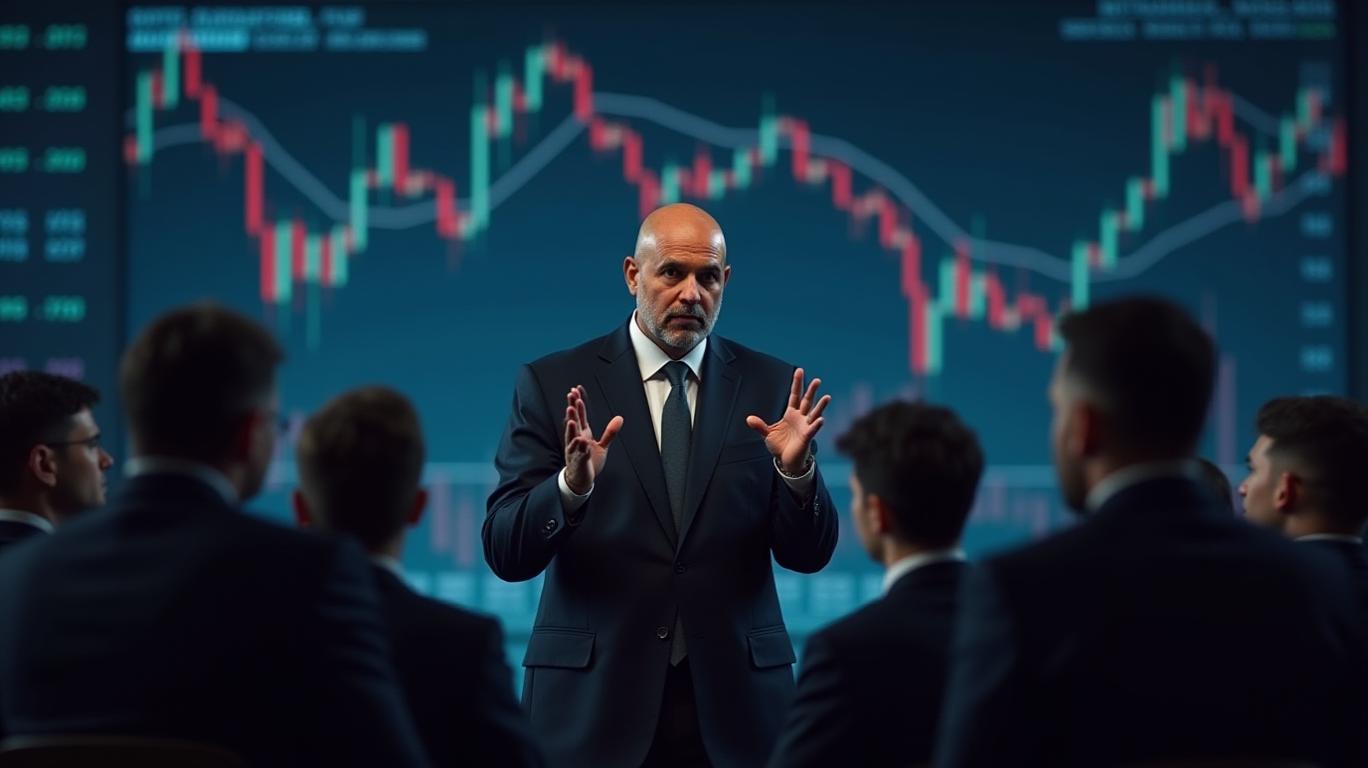Nassim Taleb's Bitcoin Criticism Contradicts His Own Principles
Nassim Taleb, a renowned predictor of his time, has shown a complex relationship with Bitcoin. Initially, he praised Bitcoin as "the first organic currency" and called it "the beginning of something great." He even urged people in Lebanon to use Bitcoin after the government banned foreign currency flow. However, his enthusiasm for Bitcoin faded drastically in 2021. He claimed that Bitcoin was not a currency without a government but rather pure speculation, likening it to a game. He went on to describe Bitcoin as "worth exactly zero," "a malignant tumor," and resembling a Ponzi scheme. Taleb announced the sale of his Bitcoins and published a devastating article about it.
Taleb's paper "Bitcoin, Currencies, and Fragility" focuses on two main issues related to Bitcoin: its comparison to gold and its failure as a currency. He argues that gold does not have an "absorption barrier," a moment when the asset becomes zero and will not recover, unlike Bitcoin. According to Taleb's mathematical equation, if there is any probability of hitting an absorbing barrier, then its present value must be zero. However, this argument is flawed because Bitcoin does not require constant maintenance of the ledger, and the same risks apply to gold. In reality, Bitcoin reached an all-time high of $109,114 before settling at its current $85,000 in 2025, which is infinitely greater than zero. Additionally, Bitcoin's total market cap is $1.71 trillion, and if it captures just 5% of global wealth, each coin would be worth over $1 million.
Taleb also argues that regular goods trade in Bitcoin requires low volatility, which is a logical solution to Bitcoin's volatility. As its market capitalization increases, it takes more money to change the price, leading to lower volatility. Moreover, buying goods with Bitcoin is already happening, with some companies allowing the purchase of real estate, cars, luxury goods, and travel bookings with Bitcoins. Taleb's own theories support Bitcoin's viability. His concept of "skin in the game" implies that all participants in the game share both the rewards and the risks, maintaining the stability of the system. Bitcoin's scheme is based on active participants taking risks, with no central bank to save them in case the system collapses. Taleb also emphasizes the importance of time as a test of an asset's strength, and Bitcoin has gained $1.71 trillion in total market capitalization over the past 12 years, proving its sustainability.
Taleb's "barbell strategy" also confirms Bitcoin's potential. It involves keeping most of your money in super-safe assets while putting a small part in high-risk and high-profit assets, which is exactly what Bitcoin represents. Taleb himself has written that if you have favorable asymmetries or positive convexity, then in the long run, you will do reasonably well, outperforming the average. However, Taleb's criticism of Bitcoin is inconsistent with his own principles, as he has not invested in Bitcoin himself. He has stated that if someone doesn't have an asset in their portfolio, they don't have the right to discuss it. Therefore, his criticism of Bitcoin may be seen as hypocritical.
The ultimate lesson here is about leveraging information to your advantage. By investing in Bitcoin, you are applying Taleb's principles better than he is. If Bitcoin continues to grow, you will become a billionaire, while Taleb will suffer from FOMO. Sometimes, the student becomes the teacher. 
Quickly understand the history and background of various well-known coins
Latest Articles
Stay ahead of the market.
Get curated U.S. market news, insights and key dates delivered to your inbox.



Comments
No comments yet